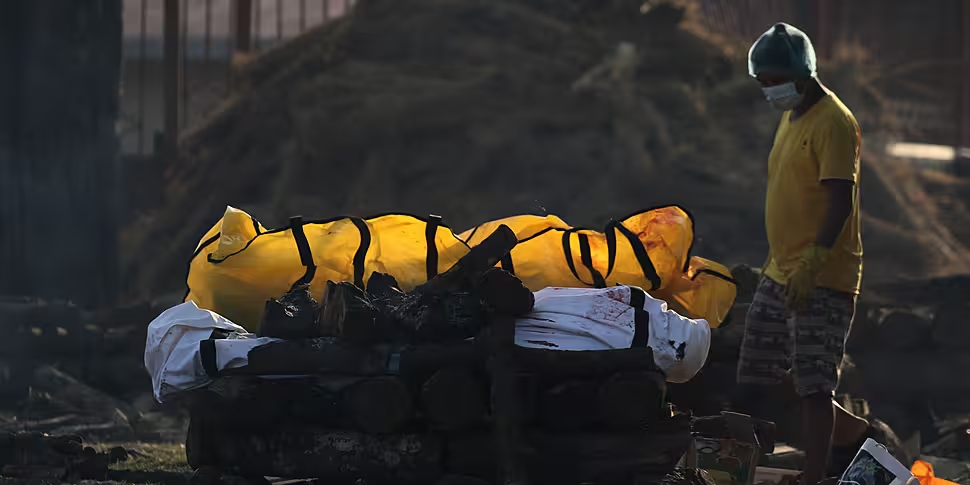Wealthy countries need to understand that failing to vaccinate the vulnerable in poorer countries will see the virus “coming back for you,” according to the World Health Organisation.
It comes after the WHO Director General Dr Tedros warned that a “scandalous inequity” in vaccine administration around the world was dragging out the pandemic.
“There is no diplomatic way to say it: A small group of countries that make and buy the majority of the world’s vaccines control the fate of the rest of the world,” he said.
On Newstalk Breakfast this morning WHO spokesperson Dr Margaret Harris said vaccine inequity is the “biggest issue we face right now.”
“The number of doses administered globally would have been enough to cover all health workers and older people – and those are the groups that are most likely to get infected and most likely to get severe illness,” she said.
“It is severe illness during which the virus has lots of opportunities to reproduce itself and develop variants so it is critical for all of us that we get it right and we distribute vaccines equitably around the world.”
Variants
Dr Harris said every country needs to vaccinate its vulnerable population to prevent variants developing.
“We have seen what these variants can do and we have seen what happens when a country hasn’t got its vaccination numbers up,” she said.
“We are looking at India, we are now looking at an horrific situation in Nepal and we are going to see that over and over again.
“Even if you don’t care about your fellow man, you need to understand it is coming back for you if you don’t put pressure on your politicians or let your politicians know that it is very, very important that 10% to 20% of the world gets vaccinated at the same time.”
Pandemic
In his address, Dr Tedros warned that this year has already seen more COVID cases than the whole of 2020 – with deaths expected to pass last year’s total in the next three weeks.
Dr Harris said the WHO is “very concerned” about the Indian variant.
“We have seen that it has got a very good ability to transit itself,” she said.
“It is much more efficient than the original coronavirus. That means that it jumps very quickly from person to person. It means it can transmit in circumstances where the others would struggle to do so.”
Masks
Dr Harris was speaking after the Health Minister Stephen Donnelly warned that masks may have to be worn until autumn or early winter in high-risk environments or where there re local outbreaks.
“That is wise advice,” she said.
“We know that transmission mostly occurs in close quarters; in cramped settings where you have got poor ventilation and, you know, we all go into places like that – we all have to.
“We do want societies to open up so take all precautions. Obviously, you don’t want to spend a lot of time under those conditions but if you are going to, definitely wear a mask.
“Do expect to wear a mask, carry a mask with you and do all the other things as well of course – ensure you are not going into crowded spaces wherever possible.”
You can listen back here:









